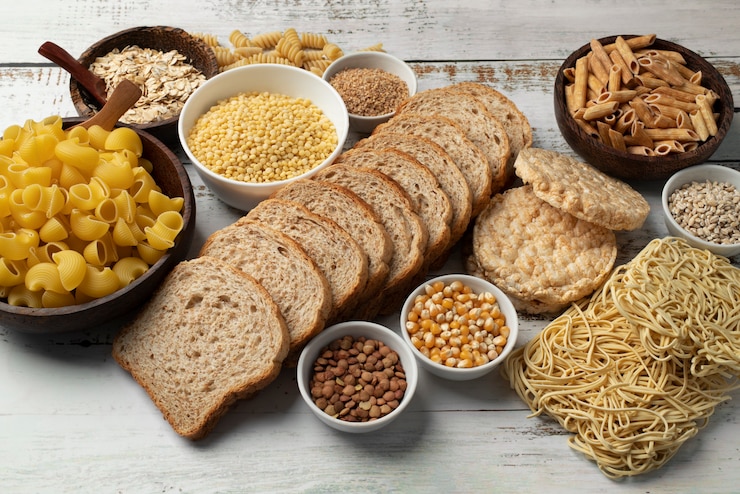
If you’re keeping a close eye on your weight, you’ve likely been avoiding foods that can lead to extra pounds. But did you know that a protein called gluten could also play a role in weight gain? Gluten is made up of several proteins and is commonly found in staple foods.
Research suggests that following a gluten-free diet can aid in weight loss. Foods like wheat, barley, rye, and grains, which all contain gluten, should be avoided if you’re trying to shed pounds. Pasta, for instance, typically contains gluten, so you’ll need to be cautious when including it in your weight-loss plan.
Gluten-free diets often emphasize fruits and vegetables, which offer numerous health benefits beyond just weight loss. In addition to helping you drop those extra pounds, a gluten-free diet can help cleanse your body, leaving you not just slimmer but also with a natural, healthy glow.
Weight loss on a gluten-free diet often occurs because these foods tend to have fewer carbohydrates. For individuals who are overweight, eliminating gluten from their meals can help them move closer to a healthy weight. However, not all gluten-free options are ideal for weight loss. While these foods may lack gluten, some can be high in sugar, which can counteract your efforts. Choosing foods that are both low in sugar and gluten-free is key to achieving the best results.
Modern supermarkets are filled with gluten-free products, like shakes and bars, marketed for weight loss. While these might be convenient for people with busy schedules, many of these products also contain caramel, artificial colors, additives, and preservatives, which aren’t very healthy. Skipping such items in favor of natural, whole foods is likely to yield better outcomes.
A gluten-free diet isn’t just about weight loss—it’s also essential for people with celiac disease or gluten sensitivity (officially called gluten-sensitive enteropathy). For those with celiac disease, consuming gluten can irritate the small intestine, making it difficult for the body to absorb nutrients. This can lead to severe nutrition deficiencies and overall weakness. Eliminating gluten from the diet allows the small intestine to heal and improves nutrient absorption, leading to better energy levels and overall health.
However, for people without gluten sensitivity, going gluten-free won’t necessarily provide any particular health benefits. Gluten itself doesn’t have direct nutritional value, but cutting it out of your diet is only beneficial for those who need to avoid it due to medical reasons. If you’ve been diagnosed with gluten sensitivity, adopting a gluten-free lifestyle becomes essential for maintaining good health. Including plenty of fruits and vegetables in your meals is a smart approach when adapting to this new diet.
More and more gluten-sensitive individuals are being diagnosed these days, making it easier to find gluten-free alternatives to enjoy satisfying meals. Gluten-free versions of common foods like bread and pasta are now widely available to accommodate this growing need. Transitioning to a gluten-free diet can bring noticeable changes, both physically and mentally. Whether your goal is to manage celiac disease or to lose weight, paying close attention to how your body responds is crucial. If you notice any issues along the way, it’s important to consult a physician immediately.
Since gluten is present in many everyday foods, following a gluten-free diet might deprive your body of essential nutrients like vitamins and minerals if you’re not careful. It’s a good idea to consult with a dietitian before starting this diet, as they can help you maintain a balanced, nutrient-rich eating plan while cutting out gluten.
Lastly, despite your best efforts, successfully losing weight on a gluten-free diet can sometimes be tricky. Many products marketed as gluten-free might still contain trace amounts of gluten. Always check the ingredient labels carefully before making a purchase to ensure that what you’re eating is truly gluten-free.